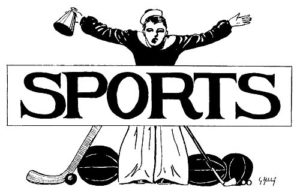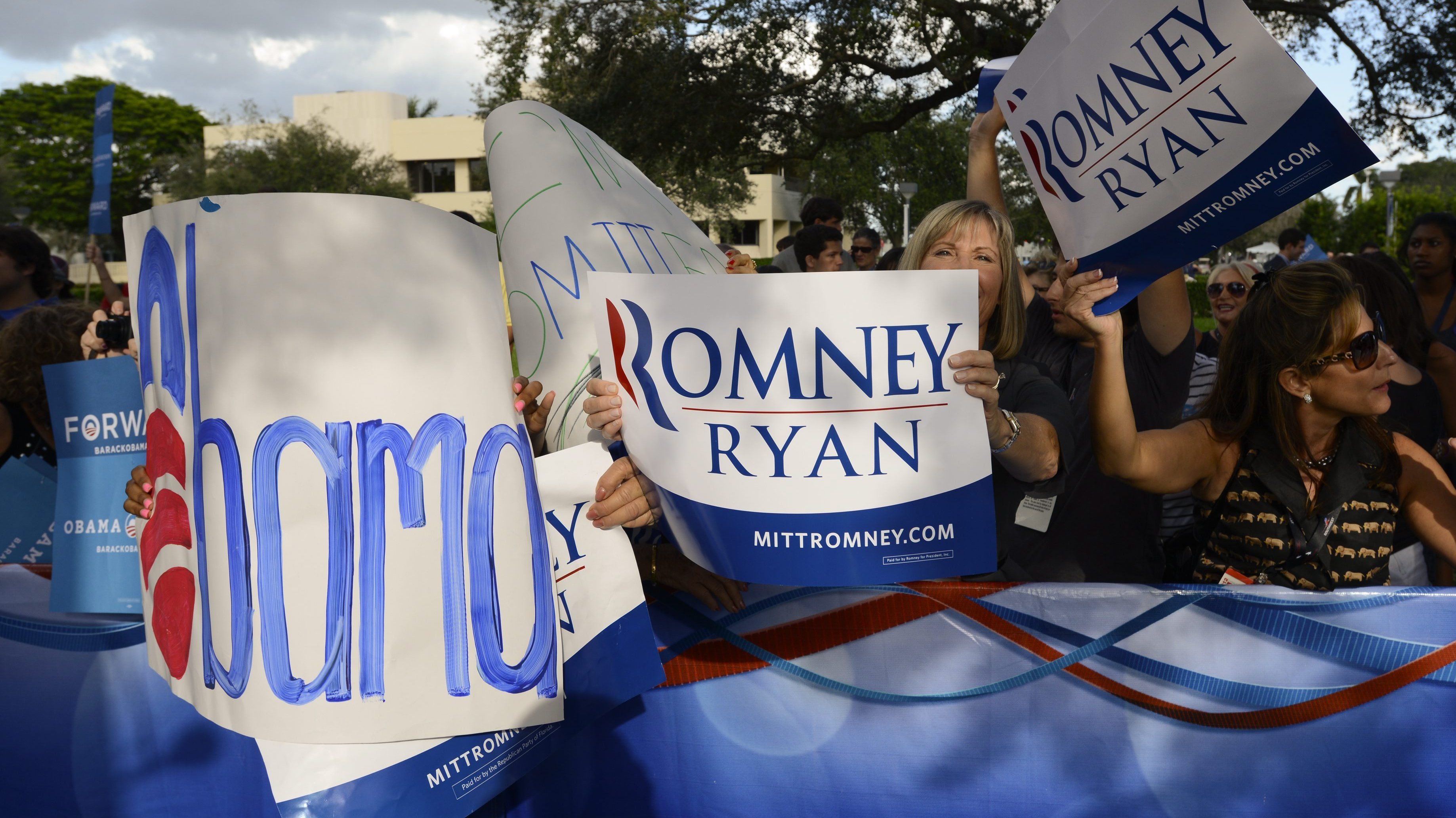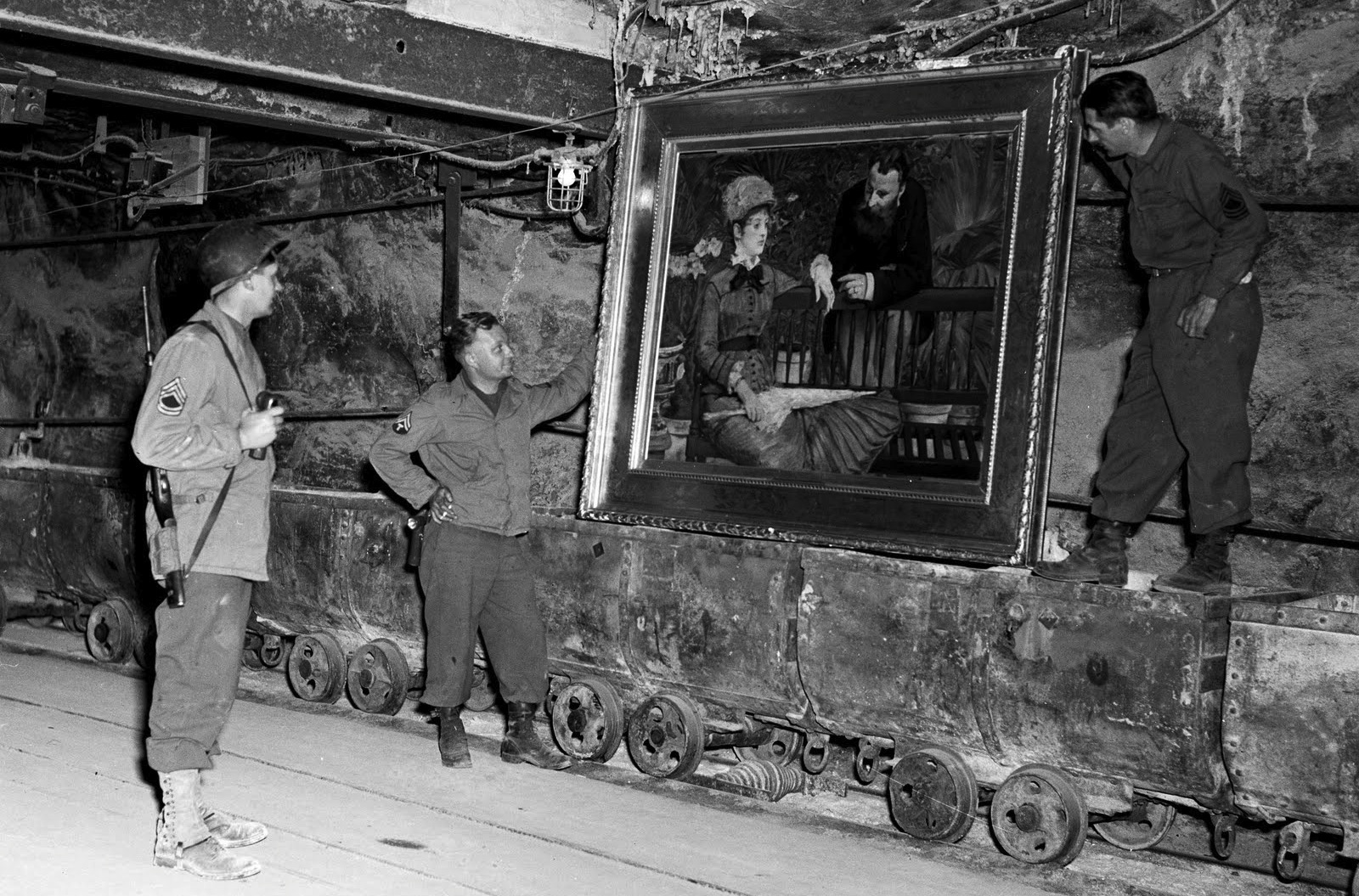WEST LONG BRANCH, N.J. – Since the founding of America, sports have been ingrained in our society. Starting with the Native American game of Baggataway (similar to modern day lacrosse), sports have been major cultural icons. However, have they taken a turn for the worst?
At its most basic roots, sport is defined by thefreedictionary.com as, “Physical activity that is governed by a set of rules or customs and often engaged in competitively.”
According to the 2013 edition of Sociology of North American Sport, by George Sage and Stanley Eitzen, a Functionalist Perspective shows how social systems function as a whole entity and as a working unit.
In relation to sports, the theory can show how they are actually microcosms of society and act as a wholesome part of our culture, providing a distraction or break from reality.
This means that sports function as part of society’s ‘machine’ in a symbiotic relationship. While sports offer stability, can modern sports compare with the Conflict Theory Perspective?
In terms of the latter theory, authors state that, “The idea involves the notion of sports being detrimental to society, by exploiting athletes to keep power in the hands of the elite.” Like the old saying, “When the rich wage war, it’s the poor who die.”
The Conflict Perspective disputes the Functionalist Perspective by saying sports cause more problems than they solve and instead of distracting viewers/participants from problems, they uncover the real societal problems. This is most apparent in how college sports are run and governed by the NCAA.
College athletes receive full scholarships or majority scholarships (except Division III schools which grant no athletic scholarships), for the chance to compete. Scholarships are used as a form of financial aid and advertisement for schools. In addition to regulating rules and regulations on the field, the NCAA watches their conduct, behavior, and schedule off the field.
On the field, players can receive suspensions and discipline for illegal play and activity as governed by the rules. Off the field, athletes must attend meetings, keep grades up and they seem to forfeit all of the “social rights” of a regular college student. In return for their sacrifice, athletes complete college with little or no loans to pay back. A small percentage of college athletes enter into professional sporting organizations, poised to earn big bucks. According to NCAA.org, only 1.3 percent of college basketball players and 1.6 percent of football players make it to ‘The Show.’

A second issue supporting the Conflict Perspective in college sports is the issue of paying college athletes. The NCAA is a multi-billion dollar industry making money off bowl games, advertisements and retail sales. Meanwhile, athletes work for no pay and are prohibited from accepting money of any kind, while coaches and universities bring in millions, even billions, of dollars.
According to Sam Kahn Jr. of ESPN.com, “(Texas A&M) announced that it raised a record $740 million in donations from Sept. 1, 2012-Aug. 31, 2013. That is more than $300 million more than any one-year period in school history.” This increase in revenue is due to a switch to the SEC and an 11-2 record behind Heisman-winning freshman Johnny Manziel, who faced suspension by the NCAA for accepting money for signatures, while Texas A&M and NCAA made millions off his jersey sales, merchandise and fan attendance to see him.
The concept of “sports” has moved away from being played for fun. They’ve morphed into booming industries where profit margins drive it forward more than intuition.
Anthony Nuccio,a Professor of Sociology and Political Science at Monmouth University, said, “I wouldn’t say sports are out of control, but there are elements of sports that are… Top athletes receive millions of dollars and represent the lower one-percent of American wealth and power. Another element out of control is athlete recognition.”

Athlete recognition is due to endorsement deals which put faces and/or names on everything–products, commercials, television programs–as well as the ability of fans to watch games, clips or highlights at their own convenience.
What does Sunday mean to you?
Once upon a time, Sunday meant going to church and being with family. Sunday was a religious day, and a day of rest. For some people, it still is; but for others, Sunday just means “football day.” For serious fans, Halloween doesn’t come once a year, but every single Sunday. Sports have become a deterrent for daily activities.
Regardless of what may need to be done on the day your team is playing, it has become such a ritual and tradition for most Americans to just sit and watch the game. In that case, sports have began to impede society, by distracting individuals from accomplishing their tasks and asking them to engage in, well, TV tunnel-vision. Furthermore, it is no longer just a part of society, it is a way of thinking and it has evolved into a way of life.
For those who claim to not watch sports or not like sports, the simple fact remains that in our technological age, we are constantly bombarded with sports-facts, scores and statistics. For those who still do not believe this statement, or would like to challenge it, just try going an entire day without reading or hearing anything related to sports. Something says it will be a very difficult task.




